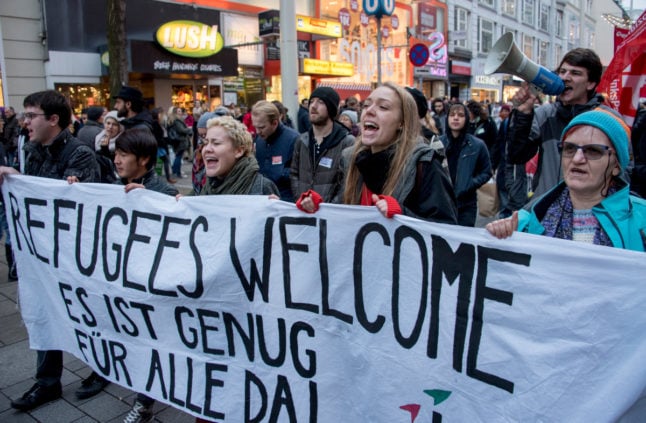Much of the perception of how trustworthy a country is has to do with how well individual countries have coped with the eurozone crisis and less to do with its general image, OGM boss Wolfgang Bachmayer explained.
Sweden leads the index with 81 percent and Greece sits at the bottom with minus 79 percent. Austrians placed their own country at fifth place, behind Denmark, Finland, and Germany. Bachmayer said this is probably due to the ongoing investigation into Austria's failed Hypo Alpe Adria bank which has contributed to increasing state debt.
In general Austrians see the Scandinavian countries, Germany, Austria and the Benelux countries as the most trustworthy nations. "They provide a picture of good crisis management, stable budgets, have relatively good data on economic and labour markets, are peaceful and have little corruption," Bachmayer said.
Luxembourg, Hungary, Britain and France have all sunk on the scale of trustworthiness, according to Austrians, whereas Spain, Italy, Portugal and Ireland have improved their ranking due to having tackled the economic crisis with tough reforms.
Romania and Bulgaria join Greece at the bottom of the trust scale – mainly due to perceived high levels of corruption and crime.



 Please whitelist us to continue reading.
Please whitelist us to continue reading.
Member comments